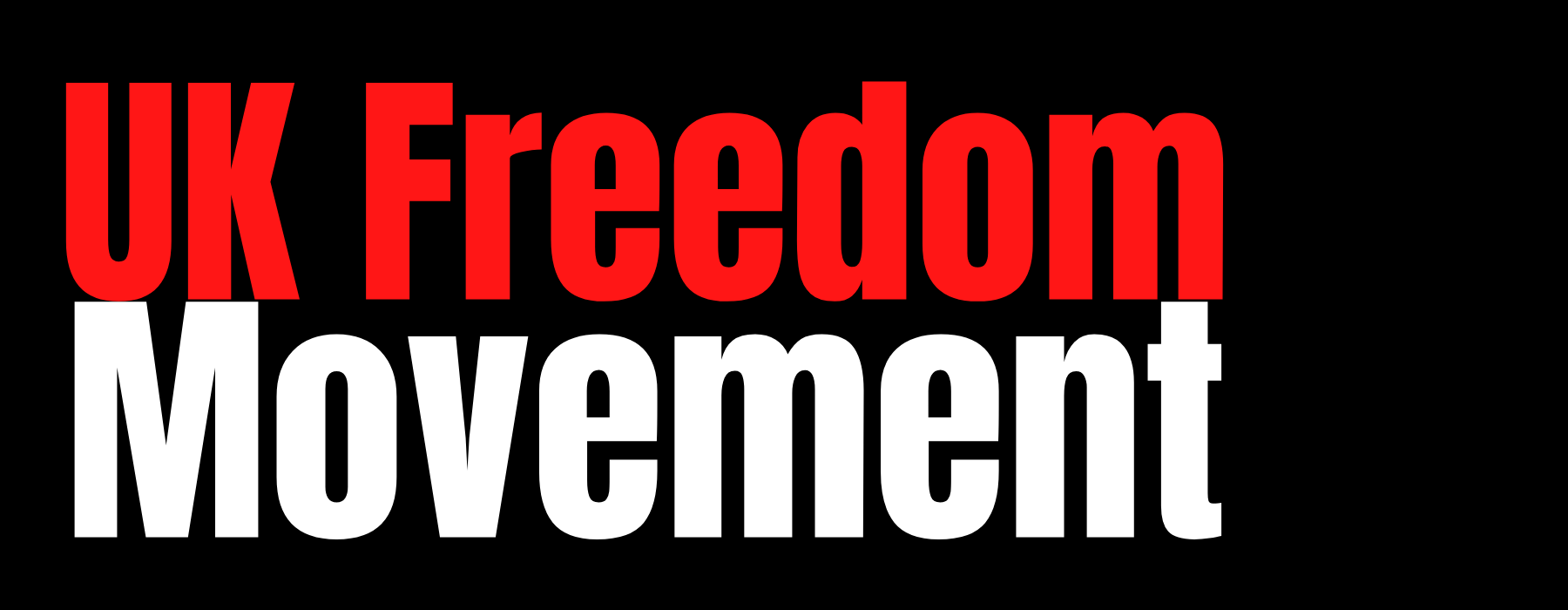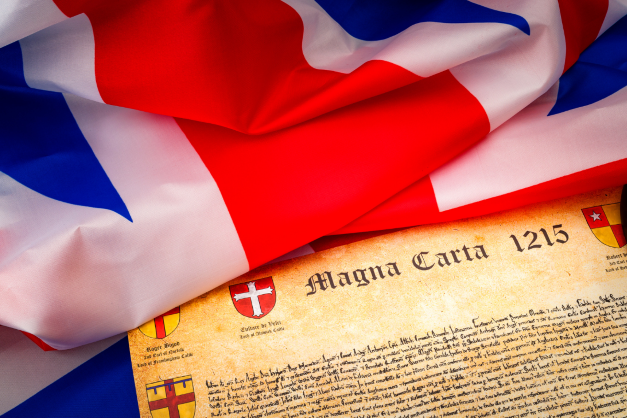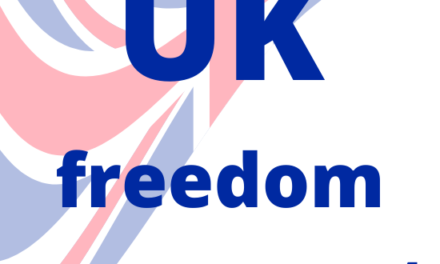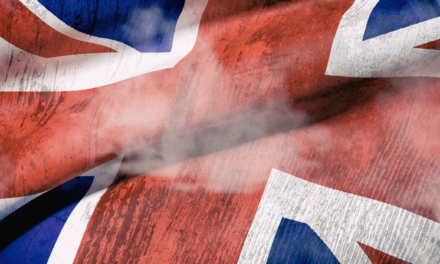Where did our society, culture, freedoms and responsibilities come from? Although without a written constitution, the UK has an “un-codified constitution” based on diverse laws, practices and conventions and a rich history of documented ‘law’ that dates back over 1,400 years.
Our inheritance from this rich history is what provides us with the society, culture, freedoms and responsibilities we now enjoy. Failure to recognise, value and protect this inheritance increases the risk of losing it and presents two important questions that each of us must answer:
1. Have we been good stewards of the society and cultural legacy we inherited from our parents and grand parents?
2. What kind of society and cultural legacy will we leave for our children, grandchildren and future generations?
The key events that have shaped our society and culture include: • King Alfred the Great’s Law Code (871-899 A.D.), derived from the prior Saxon Codes 1 , and prefaced by the Ten Commandments, that establishes the “Golden Rule”:
That is, that man ought not to judge another except, as he would want to be judged or in other words; “do unto others as you would have them do unto you”; love you neighbour as you love yourself.
It is explicit that justice should be dispensed impartially – to both the rich and poor, for friends and foes – and so reflecting the Mosaic law of the Torah: “You shall not be partial to the poor; nor defer to the great! But you are to judge your neighbour fairly!
That is, whether Woman or Man, Gay, Straight or something else, Black or White, Rich or Poor, Christian, Atheist, Muslim or Sikh, we are all entitled to equal treatment under the law and we are all subject to UK law.
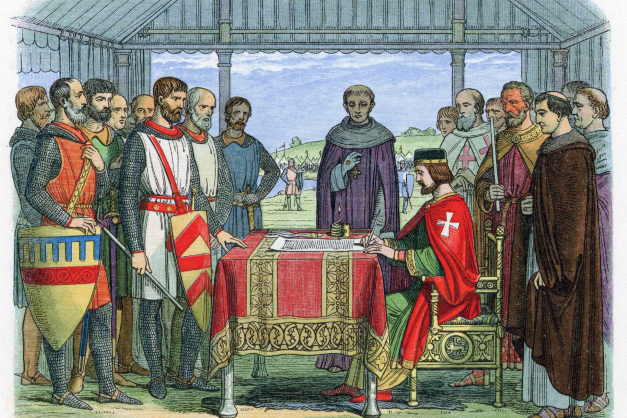
King Alfred’s Law Code also introduced the concepts of mercy, the need for a balance between mercy and justice and the link between mercy and repentance (or remorse).
• The Magna Carta (1215 A.D.), “the greatest constitutional document of all times – the foundation of the freedom of the individual against the arbitrary authority of the despot” and containing the concepts that underpin many of the freedoms we have today; subjecting all people (including the King) to the aw and protecting the rights of all people, equal under the law, including the right to:
◦ Individual liberty and justice; a fair trial based on the judgment of peers and under the established Common Law, requiring evidence of a crime Security of personal property◦ Proportionate punishments, Diligent and knowledgeable judges.
In addition, the Magna Carta introduced the concepts of freedom of the church , trading standards , free trade, freedom to travel abroad representative institutions and majority voting (democracy).
Furthermore, for over 800 years, the Magna Carta has been used for the protection of an individual’s rights, the abolition of slavery the foundation of the US Declaration of Independence and of the UN’s Universal Declaration of Human Rights.
• The Petition of Rights (1628 A.D.) – in this case to restrain Charles I’s abuse of power – that:
◦ Prevented imprisonment without cause, which lead to the Habeus Corpus Act (1769 A.D.) providing the right of appeal for unjust detention.
◦ Placed restrictions on non-Parliament taxation Placed restrictions on the use of martial law.
